What are the disadvantages of the pill?
Remembering to take a pill every day can be hard. And some people get side effects that bother them (but they usually go away in a few months).
You have to take the pill every day.
It’s really important to take your birth control pill every day, or you might not be protected from pregnancy. Using our birth control reminder app, setting an alarm, or keeping your pill pack next to things you use every day (like your toothbrush or phone charger) can help you remember to take your pills.
If you have a really busy life and think you might not remember your pill every day, check out other birth control methods like IUDs or the implant that are super low-maintenance and almost impossible to mess up. Explore different birth control methods to find the birth control method that’s best for you.
There can be negative side effects.
Like all medications, birth control pills can have side effects. But most usually go away after 2 or 3 months. Many people use the pill with no problems at all. You can keep track of any side effects with our app.
The most common side effects are spotting or bleeding between periods (this is more common with progestin-only pills), sore breasts, nausea, or headaches. But these usually go away after 2 or 3 months, and they don’t happen to everyone who takes the pill.
Birth control shouldn’t make you feel sick or uncomfortable. Luckily, there are many different types of birth control, so you’ve got options. If you keep having side effects that bother you after using the pill for 3 months, talk with your nurse or doctor about trying another brand of pill or another birth control method. But don’t stop taking the pill without starting a new method, or you won’t be protected from pregnancy.
There can be some rare but serious risks.
Serious problems from taking the birth control pill are very rare. People using birth control that has estrogen, like combination pills, have a slightly higher chance of having a few rare but dangerous problems than people who don’t use birth control with hormones. Read more about birth control pill safety.
For more information about side effects and risks, talk with your nurse or doctor or read the package insert that came with your pills.
 Abstinence
Abstinence
 Breastfeeding
Breastfeeding
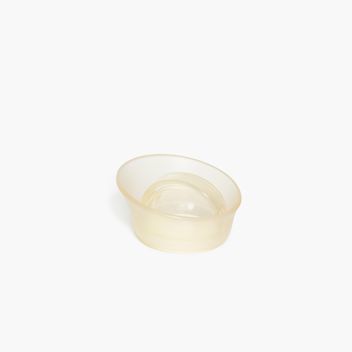 Cervical Cap
Cervical Cap
 Condom
Condom
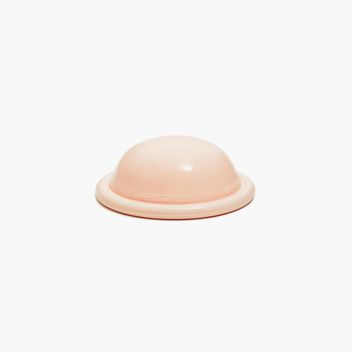 Diaphragm
Diaphragm
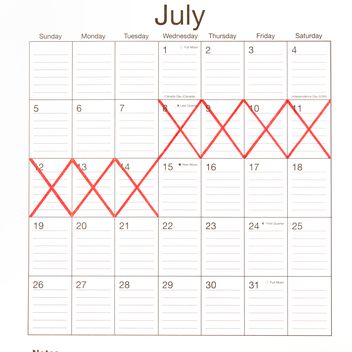 FAM
FAM
 Female Condom
Female Condom
 Implant
Implant
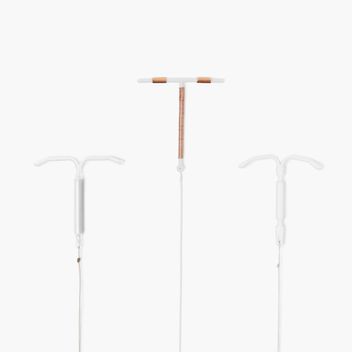 IUD
IUD
 The Patch
The Patch
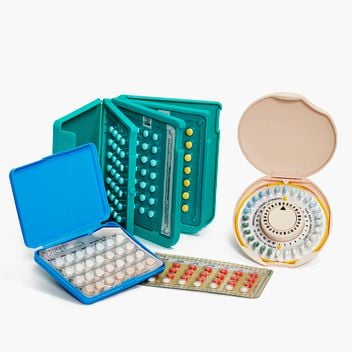 The Pill
The Pill
 The Ring
The Ring
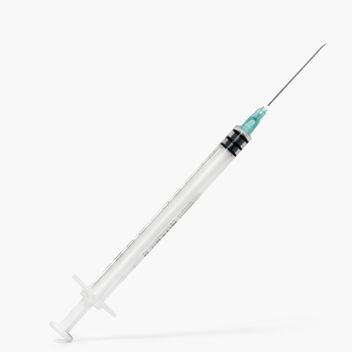 The Shot
The Shot
 Spermicide
Spermicide
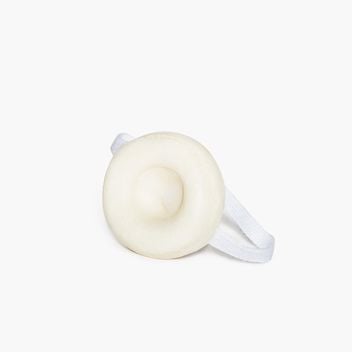 Sponge
Sponge
 Sterilization
Sterilization
 Vasectomy
Vasectomy
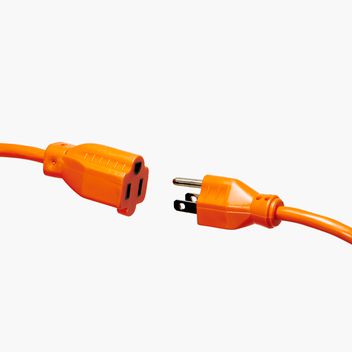 Withdrawal
Withdrawal